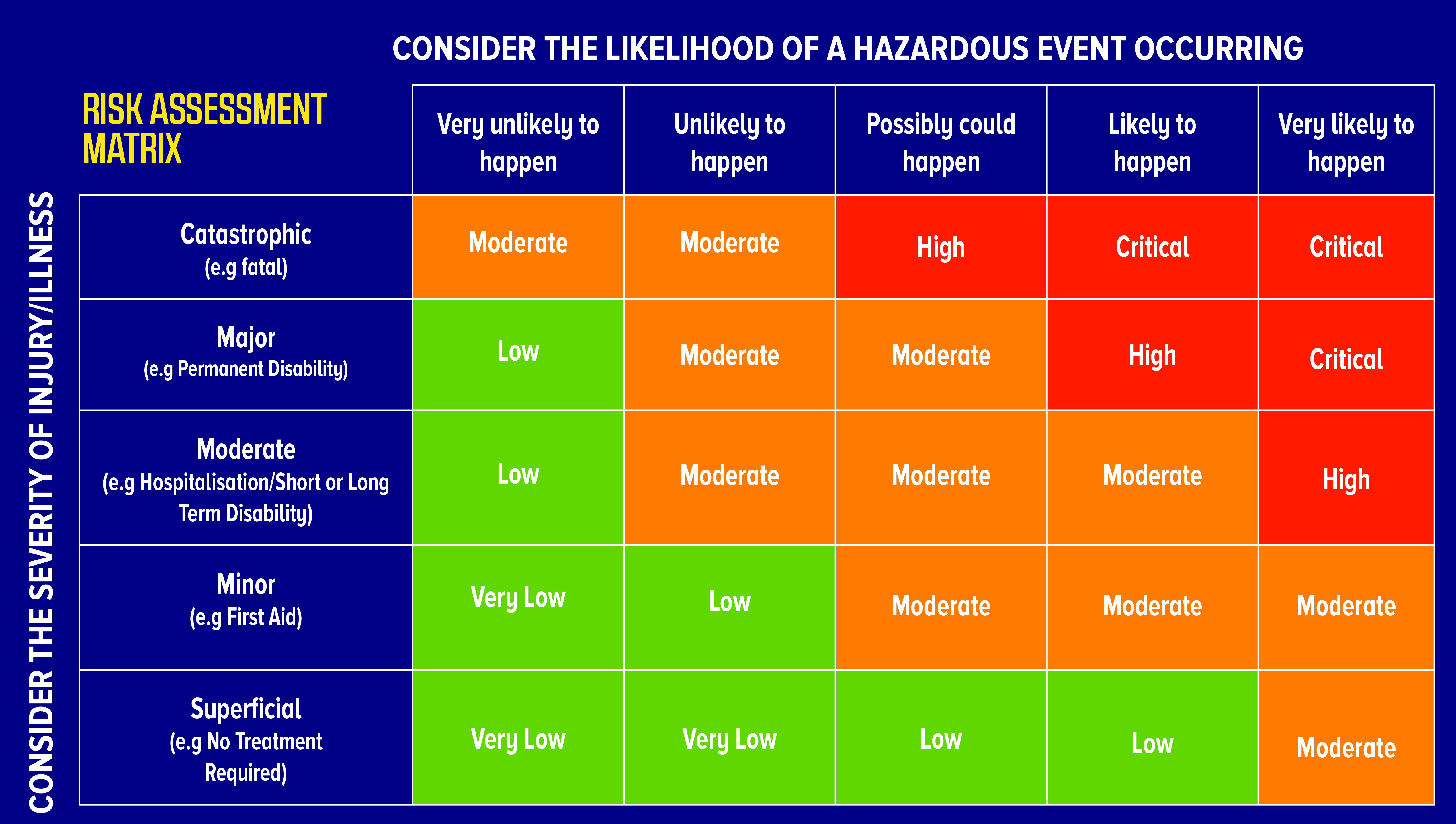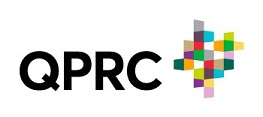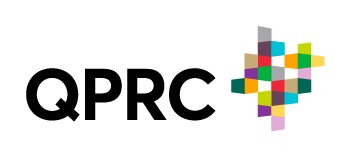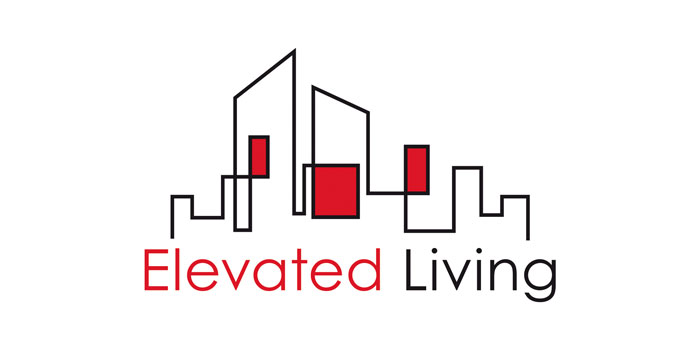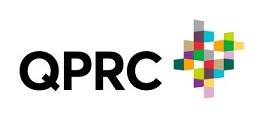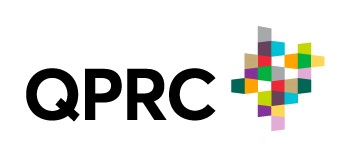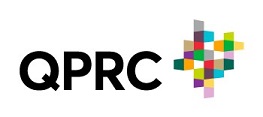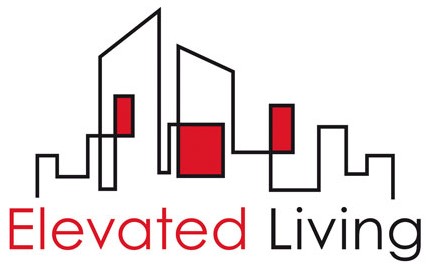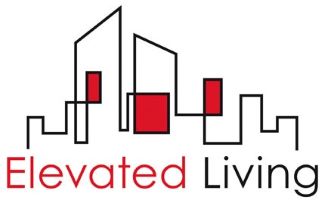Title Page
-
Site conducted
-
This Safe Work Method Statement is to be completed prior to conducting any High Risk Construction type works that include:
- Risk of falls from greater than 2 metres;
- Work on a telecommunications tower;
- Demolition of load-bearing structure;
- Likely to involve disturbing asbestos;
- Temporary load-bearing support structures;
- Work in confined spaces;
- Work in or near shaft or trench with an excavated depth greater than 1.5m or a in tunnel;
- Involves the use of explosives (Explosive Powered Tools do not fall under this category);
- Carried out on or near pressurised gas mains or piping;
- Carried out on or near chemical, fuel or refrigerant lines;
- Carried out on or near energised electrical installations or services;
- Carried out in an area that may have contaminated or flammable atmosphere;
- Involves tilt up or Pre Cast Concrete;
- Carried out on, in or adjacent to a road, railway, shipping lane or other traffic corridor that is in use by traffic other than pedestrians;
- Carried out in an area at a workplace in which there is any movement of powered mobile plant;
- Carried out in an area in which there are artificial extremes of temperature;
- Carried out in or near water or other liquid that involves a risk of drowning;
- Exposure to Respirable Silica;
- Involves diving work. -
PCBU Name, Address and ABN-
-
Who is responsible for implementation and monitoring of this SWMS?
-
Conducted on
-
Prepared by
-
Location
-
Worksite Name
-
Work Activity (What is being done at the site that requires this SWMS)
Safe Work Method Statements
-
Select the appropriate High Risk Construction Work being undertaken
- Risk of Falls greater than 2 metres
- Work on a telecommunications tower
- Demolition of a load bearing structure
- Likely to involve disturbing asbestos
- Temporary load-bearing support structure
- Work in a confined space
- Work in or near a shaft or trench with an excavated depth greater than 1.5m or in a tunnel
- Use of explosives
- Work on or near pressurised gas pipes or mains
- Work on or near chemical, fuel or refrigerant lines
- Work on or near energised electrical installations or services
- Work in an area with contaminated or flammable atmosphere
- Work with tilt up or pre-cast concrete
- Work on, in or adjacent to road, rail shipping or other major traffic corridor
- Work in an area with movement of powered mobile plant
- Work in areas with artificial extremes in temperature
- Work in or near a drowning risk
- Exposure to Respirable Silica
- Diving work
- Other, add in Notes
-
What is the work being being conducted?
-
All workers that have been inducted onto this SWMS need to sign the last page as evidence of this induction.
Principal Contractor (PC)
-
Safe Work Method Statement supplied to Principal Contractor(PC)?
-
Who received/ accepted the SWMS?
-
Last PC review date of SWMS?
High Risk Works (HRW) Controls
- Controls
-
Which HRW are you addressing?
- Risk of Falls greater than 2 metres
- Work on a telecommunications tower
- Demolition of a load bearing structure
- Likely to involve disturbing asbestos
- Temporary load-bearing support structure
- Work in a confined space
- Work in or near a shaft or trench with an excavated depth greater than 1.5m or in a tunnel
- Use of explosives
- Work on or near pressurised gas pipes or mains
- Work on or near chemical, fuel or refrigerant lines
- Work on or near energised electrical installations or services
- Work in an area with contaminated or flammable atmosphere
- Work with tilt up or pre-cast concrete
- Work on, in or adjacent to road, rail shipping or other major traffic corridor
- Work in an area with movement of powered mobile plant
- Work in areas with artificial extremes in temperature
- Work in or near a drowning risk
- Exposure to Respirable Silica
- Diving work
- Other, add in Notes
-
Use this Risk Matrix to determine the Risk Ratings
-
What are the levels of CONTROL currently in place?
- None
- 1. Elimination Control
- 2. Substitution Control
- 3. Isolation Control
- 4. Engineering Control
- 5. Administrative Control (Signage)
- 6. PPE
-
What is the UNCONTROLLED Risk Rating?
-
What are the CONTROLS being put in place?
- None
- 1. Elimination Control
- 2. Substitution Control
- 3. Isolation Control
- 4. Engineering Control
- 5. Administrative Control (Signage)
- 6. PPE
-
What is the ADMIN CONTROL being put in place?
- High Risk Licence
- Vehicle License
- Construction Induction Card
- Asbestos Awareness Card
- Other
-
Attach evidence of the High Risk License (photo) per operator
-
How many workers require High Risk License (Work @ Height/ Plant License/ Competency/ Riggers etc.)?
-
How many workers require Vehicle License?
-
Attach evidence of the Construction Induction Card (photo, can be grouped) per operator
-
Attach evidence of the Asbestos Awareness Card (photo, can be grouped) per operator
-
What are the OTHER controls being implemented?
-
What is the CONTROLLED Administrative Risk Rating?
-
What is the ENGINERING CONTROL being put in place?
-
What is the CONTROLLED Engineering Risk Rating?
-
What is the ISOLATION CONTROL being put in place?
-
What is the CONTROLLED Isolation Risk Rating?
-
What is the SUBSTITUTION CONTROL being put in place?
-
What is the CONTROLLED Substitution Risk Rating?
-
What is the ELIMINATION CONTROL being put in place?
-
What is the CONTROLLED Elimination Risk Rating?
-
What PPE is required to be used?
-
What is the CONTROLLED PPE Risk Rating
-
What is the CONTROLLED Risk Rating?
-
What is the HIGHEST CONTROLLED Risk Rating for this SWMS? (What is the highest of the controlled Risk Ratings above)
-
Work is not to be conducted without further investigation, or stringent controls put in place.
-
Ensure that all personnel working to this SWMS have been consulted and have signed off on this prior to commencing any work.
Consultation and Sign off
-
Issues raised by worker/s?
-
Add signature






